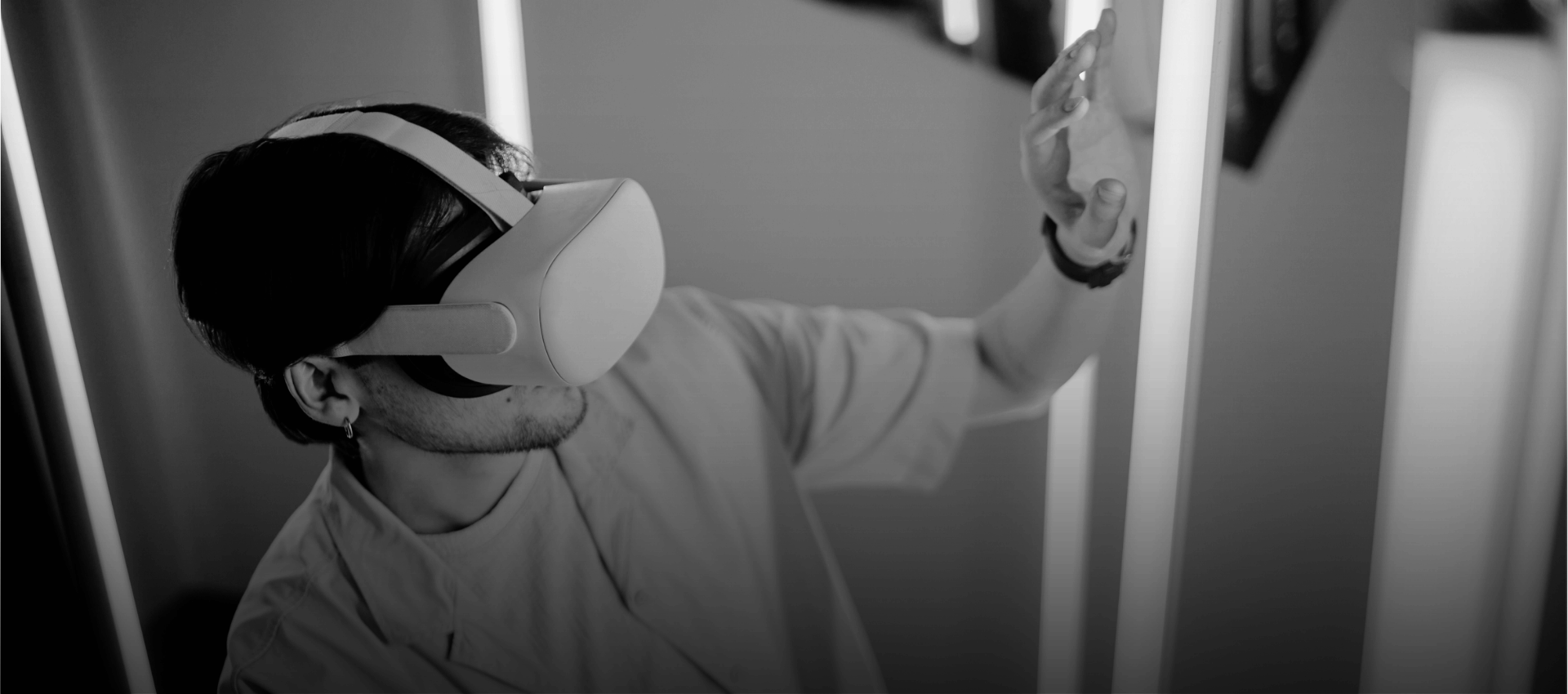
Research projects in digital creativity
Develop your creative genius and be a leader in your field of expertise

Develop your creative genius and be a leader in your field of expertise
filter_list Filters
Explore multiple research projects and affiliated organizations, while focusing on the digital creativity sector of interest to you, including visual effects, video games, immersive experiences, and more.
Vous travaillez sur un projet de recherche dans le secteur de la créativité numérique et votre projet n'apparaît pas dans la liste ci-dessous. Pour y remédier, contactez-nous.